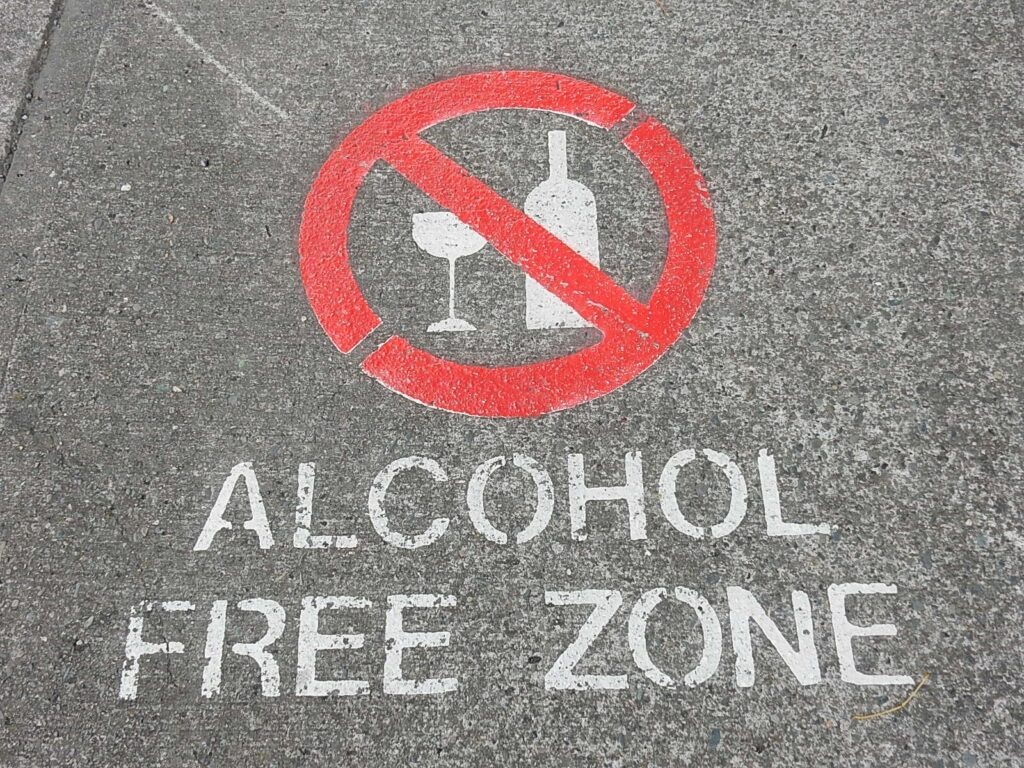Durdana Tahir, Teacher, UK

Before the World Cup started, there was an uproar in Western media criticising Qatar’s ban on the sale of alcohol at World Cup stadiums. It appeared this ban was introduced last minute by the Qatari government to placate their Muslim citizens, who were concerned that (some aspects of) hosting the World Cup were leading to a disregard for Islamic teachings.
According to Islamic guidelines, Muslims are prohibited from drinking, serving or selling alcohol.
Whilst a lot of football fans agreed the cultures of different countries should be respected, there was still a lot of commotion amongst some Western football fans. FIFA president Gianni Infantino was forced to address the situation by saying:
“If for three hours a day you cannot drink a beer, you will survive” (www.bloomberg.com/news/articles/2022-11-19/fifa-boss-says-fans-can-survive-for-three-hours-without-beer)
Now, after several World Cup matches in Doha, football fans – particularly women – are witnessing the positive effects of the alcohol ban. The same media outlets that were criticising Qatar, are now publishing articles proclaiming how the alcohol ban has made the atmosphere safer for female World Cup fans. (Alcohol ban helps female fans enjoy hassle-free football in Qatar, The Times, www.thetimes.co.uk/article/female-fans-referee-qatar-world-cup-beer-ban-6rd3z7cm7)
This comes as no surprise to Muslims, particularly Muslim women, across the world, who have throughout their lives witnessed the tranquillity that comes with following Islamic teachings.
Years of neuroscientific research have shown both the short-term and long-term effects of alcohol on the brain. One of the neurological side effects of alcohol is that it depresses the function of the frontal lobe of the brain, the part of the brain that is prominently involved in a person’s decision-making ability, as well as making it harder for a person to control their emotions. (“Alcoholism and its effects on the Central Nervous System,” Current Neurovascular Research, pp. 256–262, https://doi.org/10.2174/15672026113109990004)
Sociological studies have also associated high-risk behaviour (or violent and criminal acts) with drinking alcohol. A study in Greater Manchester, conducted over a period of eight years, showed that levels of domestic violence increase after football games. “all increases are driven by perpetrators that had consumed alcohol”. (Football, alcohol and domestic abuse, CEP Discussion Papers. Centre for Economic Performance, LSE, https://ideas.repec.org/p/cep/cepdps/dp1781.html)
These effects have been universally accepted by society, which has driven a lot of laws associated with the use of alcohol. It is also important to note that in the UK, a lot of public transport services (including Transport for London) have banned the drinking of alcohol on their services to rule out antisocial behaviour. Boris Johnson, who was the Mayor of London, when this ban was introduced, stated:
“I firmly believe that banning the drinking of alcohol on London’s public transport will create a better travelling environment for all Londoners” (Alcohol ban comes into force on the tube, trams and buses from this Sunday, 1 June, Transport for London, https://tfl.gov.uk/info-for/media/press-releases/2008/may/alcohol-ban-comes-into-force-on-the-tube-trams-and-buses-from-this-sunday-1-june)
The guidelines set out by Islam are rooted in a deeper understanding of human psychology and behaviour. We can see governments around the world setting out laws surrounding alcohol (after gathering scientific data for many years), but these laws were already introduced by Islam 1400 years ago.
There is no doubt that the Divine guidelines set out by Islam seek to create a peaceful and harmonious society. They are not there to restrict us, rather, they are there to protect us from negative consequences that could arise.


Thanks for the research and simple but comprehensive presentation.
Jazakumullah